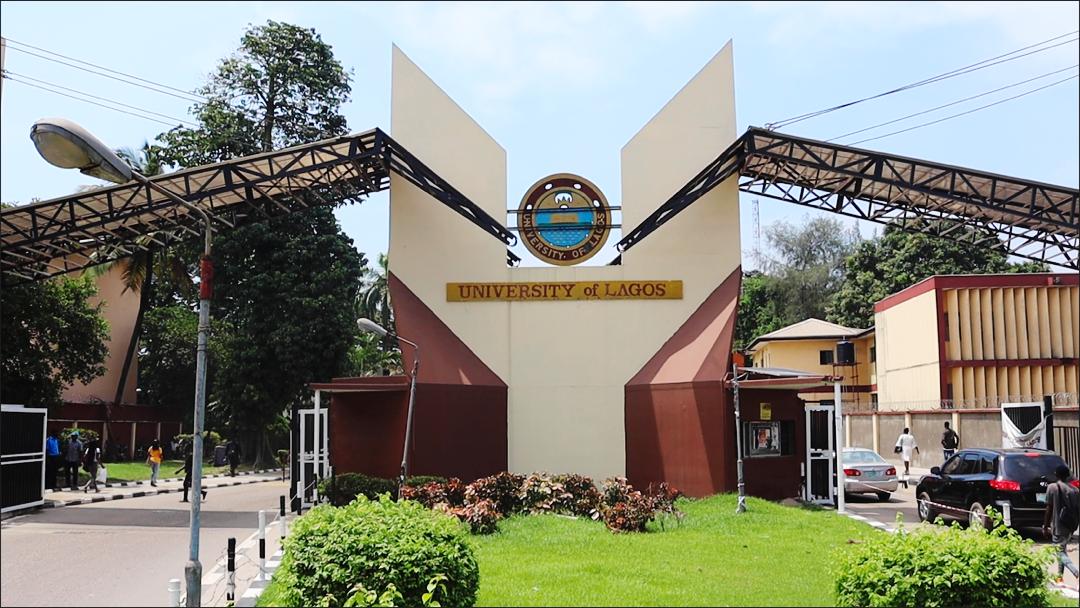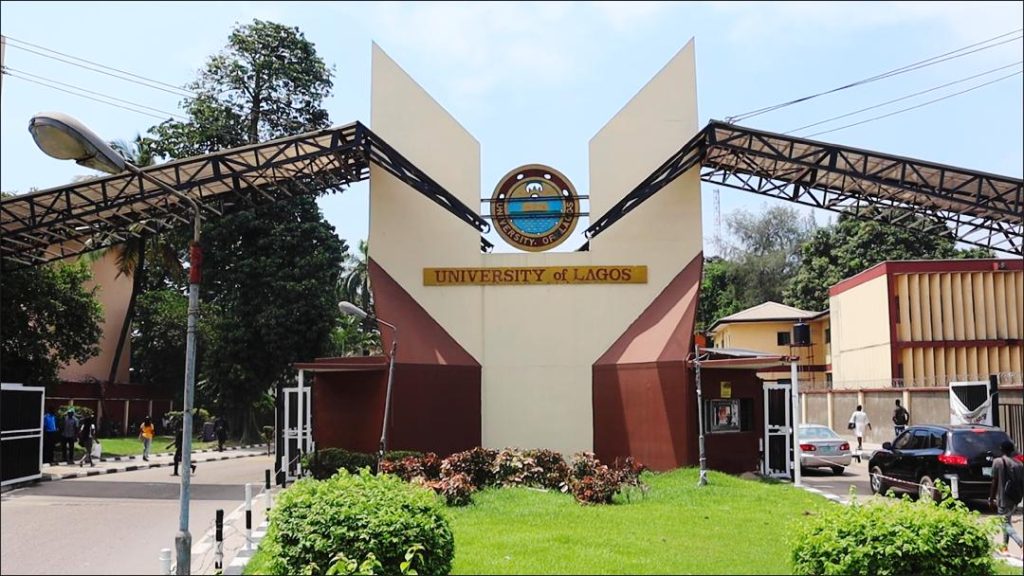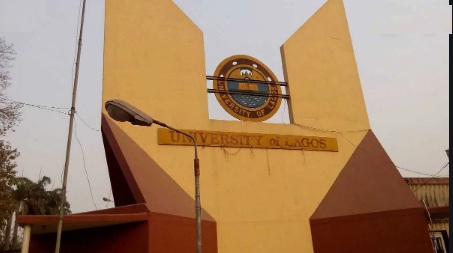ASUU expresses dissatisfaction after four-day blackout at UNILAG


The Academic Staff Union of Universities (ASUU), University of Lagos (UNILAG) Akoka branch, has voiced its extreme dissatisfaction with the Eko Electricity Distribution Company (EKEDC) for cutting off the institution’s power supply for four days.
Even after the electricity was restored on Saturday, there are still negotiations going on between EKEDC and the university administration about payment options and ways to stop this from happening again.
Prof. Kayode Adebayo, the head of the ASUU branch, responded to the news by calling EKEDC’s move to cut off the university’s electricity “barbaric” and “condemnable.”
During a media interview on Saturday, Prof. Adebayo expressed relief at the power being restored but stressed that the Federal Government and electricity distribution companies should reevaluate the practice of charging different rates to different customers, including academic institutions. He cautioned that if such behaviours were not immediately handled, they might result in serious problems.
Professor Adebayo chastised the administration for viewing the provision of public electricity as a privilege as opposed to a right for all citizens. He called it humiliating for Nigeria and questioned the logic of using 20 to 24 hours of electricity availability to establish the amount customers must pay.
He also emphasised the need for a steady power supply for academic institutions to operate properly in areas such as laboratories, libraries, classrooms, and hostels. He expressed concern that placing universities under Band A tariffs signals a growing threat to education in Nigeria.
Prof. Adebayo recounted that during the four-day blackout, members of the university community struggled to find places to charge their phones. He related his own story of paying up to N45,000 a month for electricity in his campus apartment at the university, even though he only had a refrigerator and air conditioner.
He issued a warning that if the current state of affairs continues, Nigeria may experience widespread protests or perhaps an “electricity war.”









